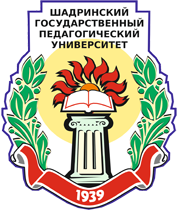Роль игры при обучении немецкому языку в младшем школьном возрасте
The role of the game in german training in primary school years
Аннотация
В статье описываются особенности и возможности игровых технологий при изучении иностранных языков. Автор подчеркивает, что начало обучения иностранному языку происходит в младшем школьном возрасте и задача учителя на этом этапе – пробудить интерес к языку у ребенка. Перечисляются особенности психологического развития младшего школьника, это: эмоциональность и подвижность, непроизвольность и неустойчивость внимания. Делается вывод, что наибольший интерес и внимание у детей вызывает то, что им интересно. Автор перечисляет несколько видов классификаций учебной игры, дает подробное описание некоторых игр. Также описывается роль учителя при организации учебных игр. Большое внимание уделяется особенностям, задачам и функциям учебной игры, ее организации на уроке иностранного языка.
Abstract: The article describes the features and possibilities of gaming technologies when learning foreign languages. The author emphasizes that the beginning of foreign language education takes place in the junior school age and the teacher’s task at this stage is to arouse the child’s interest in the language. The features of the psychological development of a young pupil are listed, they are: the emotionality and the mobility, the involuntary and the unstable attention. It is concluded that the most interest and attention in children is what is interesting to them. The author lists several types of classifications of the educational game, gives a detailed description of some games. The role of the teacher in organizing educational games is also described. Much attention is paid to the peculiarities, tasks and functions of the educational game, its organization in a foreign language lesson.






